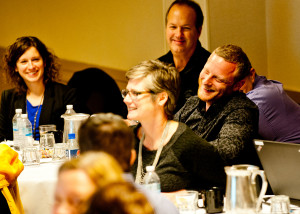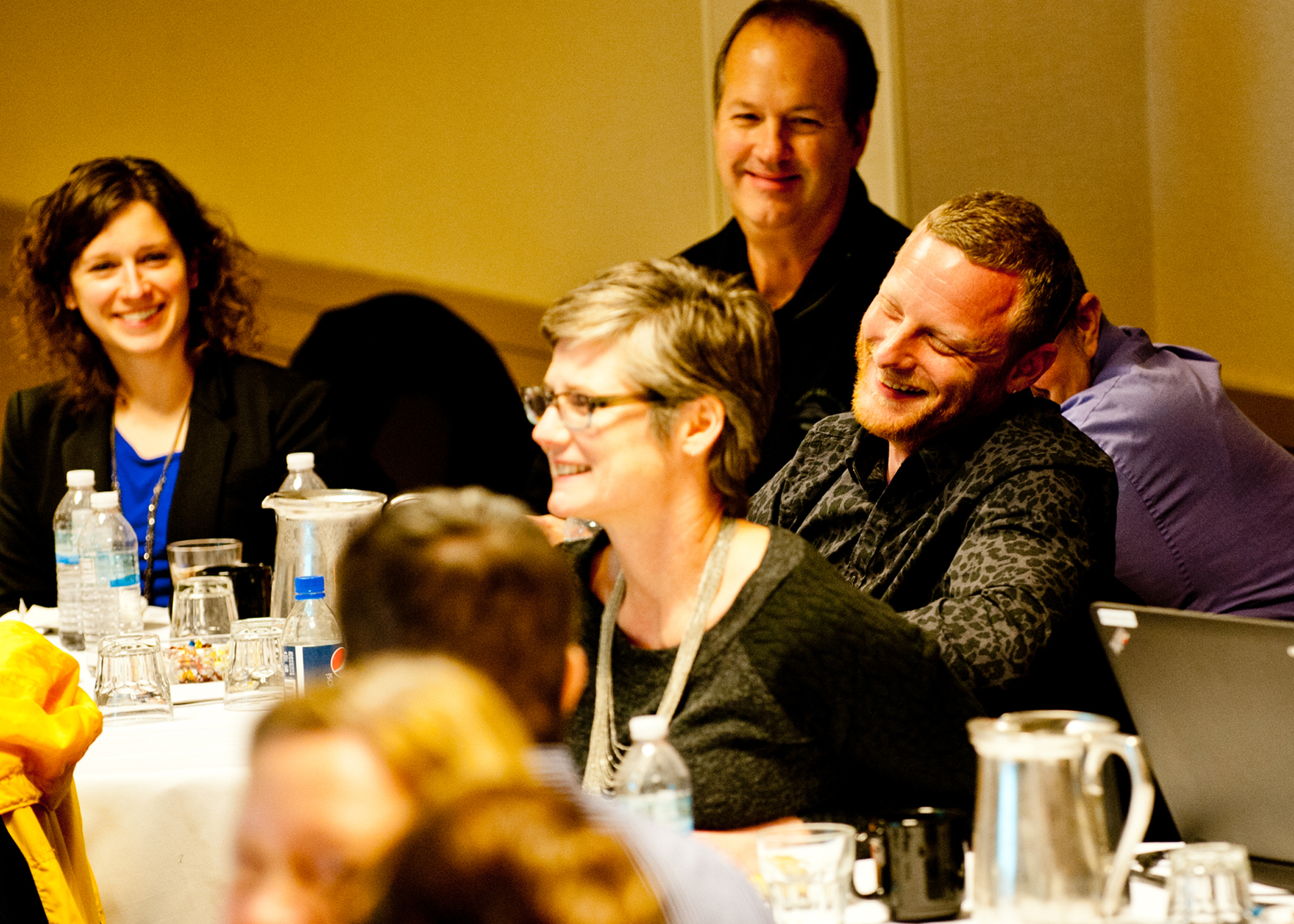Transparency is extremely important to us, so we are letting you know that we may receive a commission on some of links you click on from this page. See our disclaimer.
 This post from Cathy Kenworthy, Interactive Health CEO, was originally published in LinkedIn here. Please visit the original piece to leave any comment.
This post from Cathy Kenworthy, Interactive Health CEO, was originally published in LinkedIn here. Please visit the original piece to leave any comment.
Our mission at Interactive Health is clear: To create healthier companies by improving the health of employees. We aim to change health care in America, one healthy outcome at a time.
I am inspired by this mission. First, it’s hard to find an issue more personal – with more opportunity to change individual lives – than health and wellbeing. As anyone who has or is suffering from meaningful health issues knows, the gift of health is foundational and, unfortunately, sometimes more appreciated once it is lost. It seems that every listing of advice that I see provided by people at the end of their lives includes a heartfelt perspective about taking care of your health proactively, especially at the times of our lives when we feel invincible.
At the same time, beyond the altruism, employee health is a vital and practical issue that impacts every company’s bottom line. The rising business costs of poor health are not going away and are not getting better, at least not better enough. From the drumbeat of yearly plan increases to lost employee time, from the impact of stress on workplace culture to the consequence of unplanned absences, health can and does affect nearly every part of a successful business.
I’m also inspired by this mission because it’s bold: A great mission requires seeking to attain something bigger than ourselves.
I thought about this recently listening to Willa Taylor, Chicago’s Goodman Theater’s Director of Education & Community Engagement, at the ribbon-cutting ceremony for the launch of the Goodman’s commitment to the Rapoport Center for Education and Engagement. The connection between theater and workplace wellness might not be immediately evident. But it was to me when I heard Willa connect worldclass theater to impactful social change.
Willa wondered: “Can the artistic habits of mind we use to create the definitive productions on our stages – persistence, managing impulsiveness, thinking flexibly – give young people the ability to de-escalate violence? Is the artists’ ability to apply prior knowledge to current situations something that will help formerly incarcerated young women avoid recidivism? Does our ability to tell complex compelling stories increase the skillsets of community based organizations?”
And then, definitively, she concluded: “Theater can help remove barriers between people and nudge us to face the truth of our past. It can answer the need to understand the moment we live in. It can remind us of our common future.”
It struck me that’s what effective workplace wellness does for companies – employers and employees alike. It removes barriers. It nudges us to face the truth of our past. It forces us to understand the moment we live in. It helps us create a common future.
As I reflected on the connection Willa made between the arts and social change – as I listened to her questions – my mind raced quickly to workplace wellness. I know intuitively that we, too, can affect important and lasting social change. So, borrowing from and with full credit to Willa, I offer my version of these questions:
- Can a whole-hearted set of principles about wellbeing co-exist with the economic realities of commerce?
- Can the enlightened self-interests of employers, who pay for more than half of healthcare in America, generate change among the many entrenched interests of providers, including providers of health plans?
- Can the willingness to believe in the power of preventive care transform a system of health care providers that was originally built to care for the needs of the sick, to be effective in meeting the prospective needs of the healthy?
Questions like these illustrate why I feel that workplace wellness is an inspirational mission, and, as you might guess, I feel strongly that the answer to each of these questions is “yes.”
What are your answers to them? Where do you draw your inspiration and sense of mission from? And, on deck for my next post, what do employers have to learn from employees in the business of empowerment when it comes to matters of health?




0 Comments